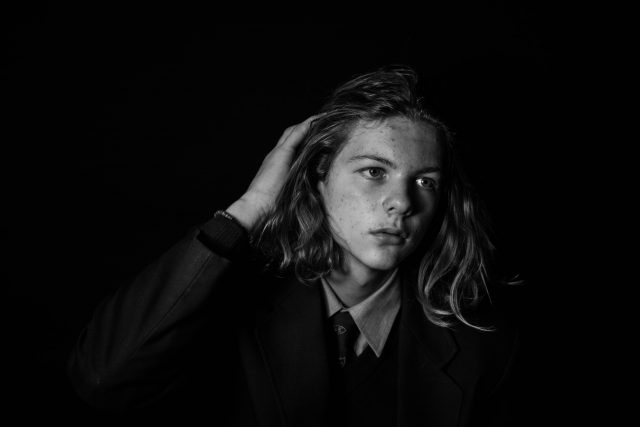
Even with 20/20 vision, you may still suffer from BVD.
Not every visual problem is tied to blurry vision. Binocular vision dysfunction, in fact, is a common cause behind anxiety for many people, both children and adults. Anxiety is often one of the indicators used to identify a patient with BVD. Children, on the other hand, often face binocular vision dysfunction in their early years as their eyes develop new skills. Although BVD typically doesn’t last very long once a child has grown older, children with an eye misalignment often grow up living with binocular vision dysfunction.
Patients who struggle with binocular vision dysfunction often will develop other symptoms like anxiety, fear, and even panic attacks.
Certain traumatic events like a concussion or a car accident have a high probability of damaging the visual system. Nearly half of the brain’s activity involves the visual system, so any head injury can disrupt one’s visual skills. It’s no surprise that patients after a traumatic brain injury (TBI) face anxiety as well.
Why does my vision problem lead to Anxiety?
 Generally, when the body undergoes stress, especially with added eye strain and mental fatigue, a person can feel agitated, nervous, and exhausted. One may feel uneasy or worried regarding an important event coming up, such as a math test, important meeting, waiting for a phone call, or merely trying to catch a bus. Since your vision is constantly playing a pivotal role in your daily activities, any vision problems will multiply this sense of unease or stress.
Generally, when the body undergoes stress, especially with added eye strain and mental fatigue, a person can feel agitated, nervous, and exhausted. One may feel uneasy or worried regarding an important event coming up, such as a math test, important meeting, waiting for a phone call, or merely trying to catch a bus. Since your vision is constantly playing a pivotal role in your daily activities, any vision problems will multiply this sense of unease or stress.
When anxiety caused by binocular vision remains untreated, people grow up thinking that it's normal for them to feel exhausted and disoriented in crowded areas. Over years, the excessive stress on the brain could lead to migraine headaches, vertigo, and often feeling lightheaded.
In order to reduce these symptoms, people with binocular vision dysfunction will tend to lose focus or lack concentration. They may cover their eyes to block all visual input when they feel overwhelmed. Unfortunately, headaches caused by BVD are hard to cure. Without guiding the brain to resolve the underlying problem, headaches will recur over and over again.
As these issues are subtle and hard to pinpoint, BVD or vertical heterophoria requires a specialist to treat accurately. Even other practitioners like neurologists can fail to identify binocular vision dysfunction as the root of the problem. It's simply not in their area of expertise or considerations. Instead of checking the visual system, practitioners may recommend nerve blocking injections, headache medications, or head MRIs to check for brain damage.
